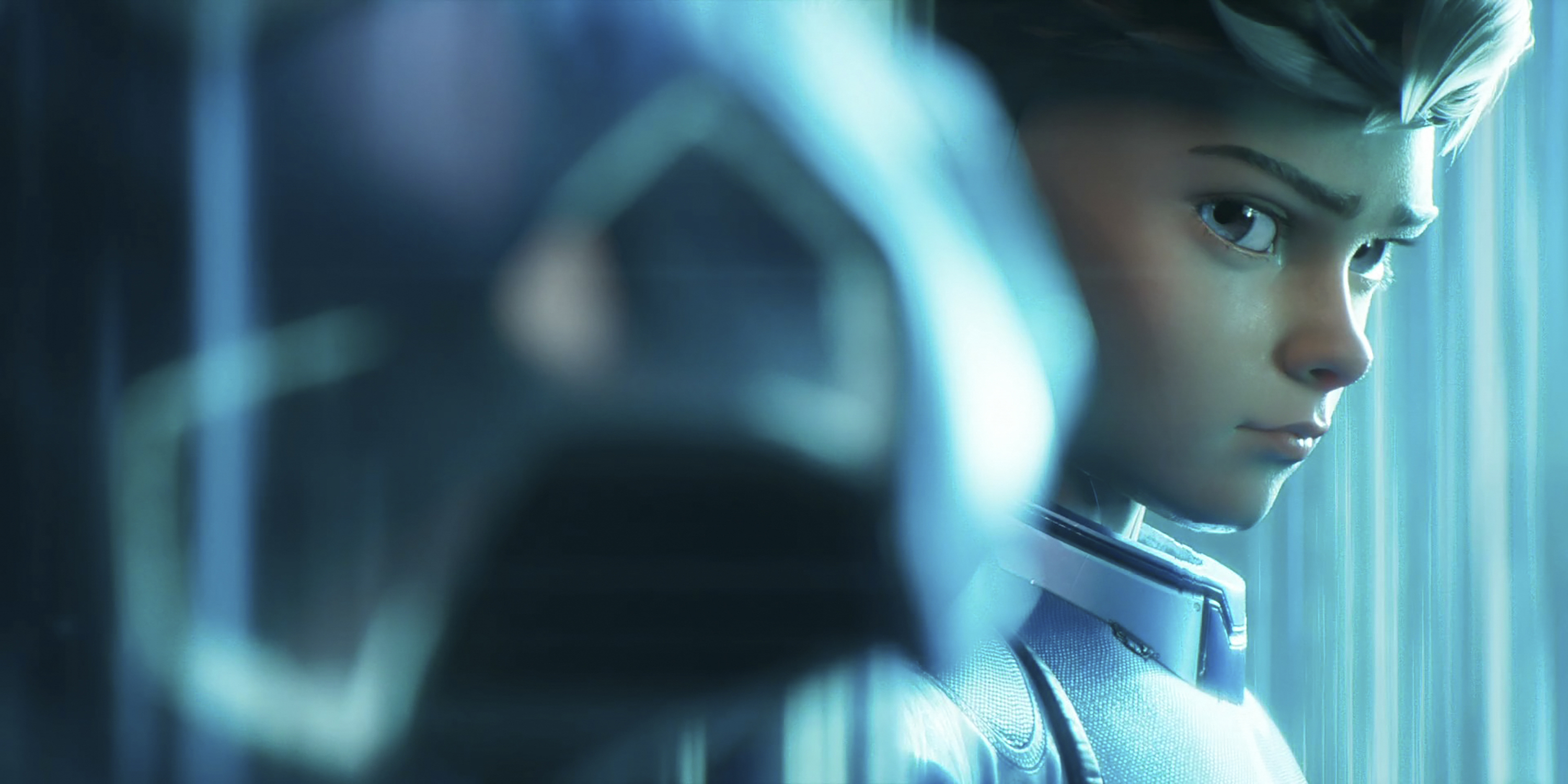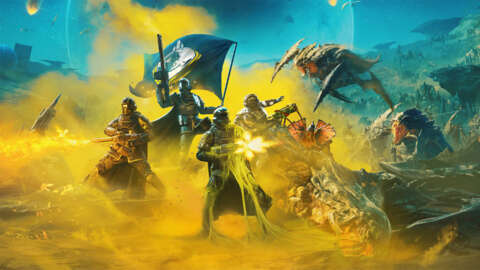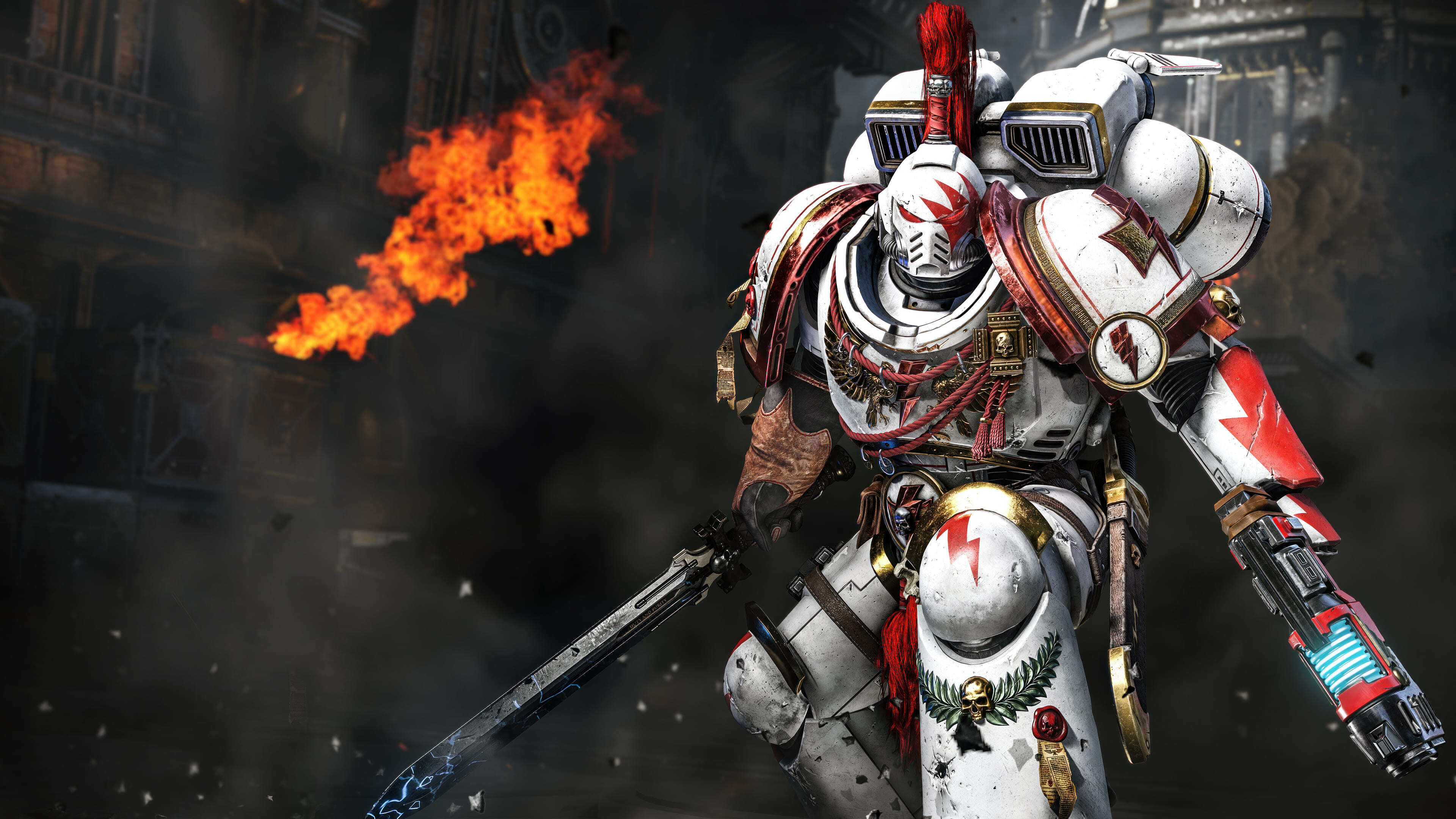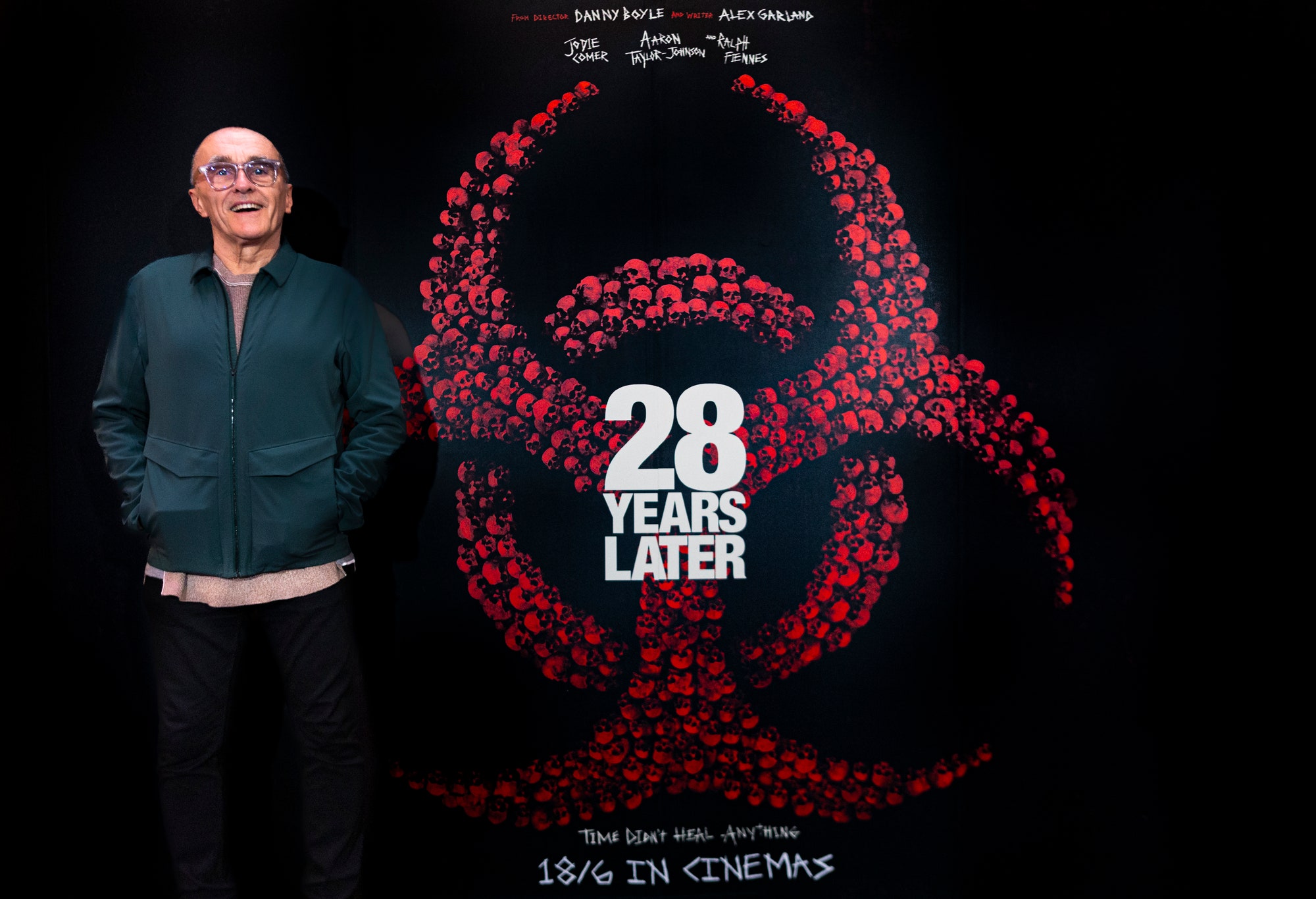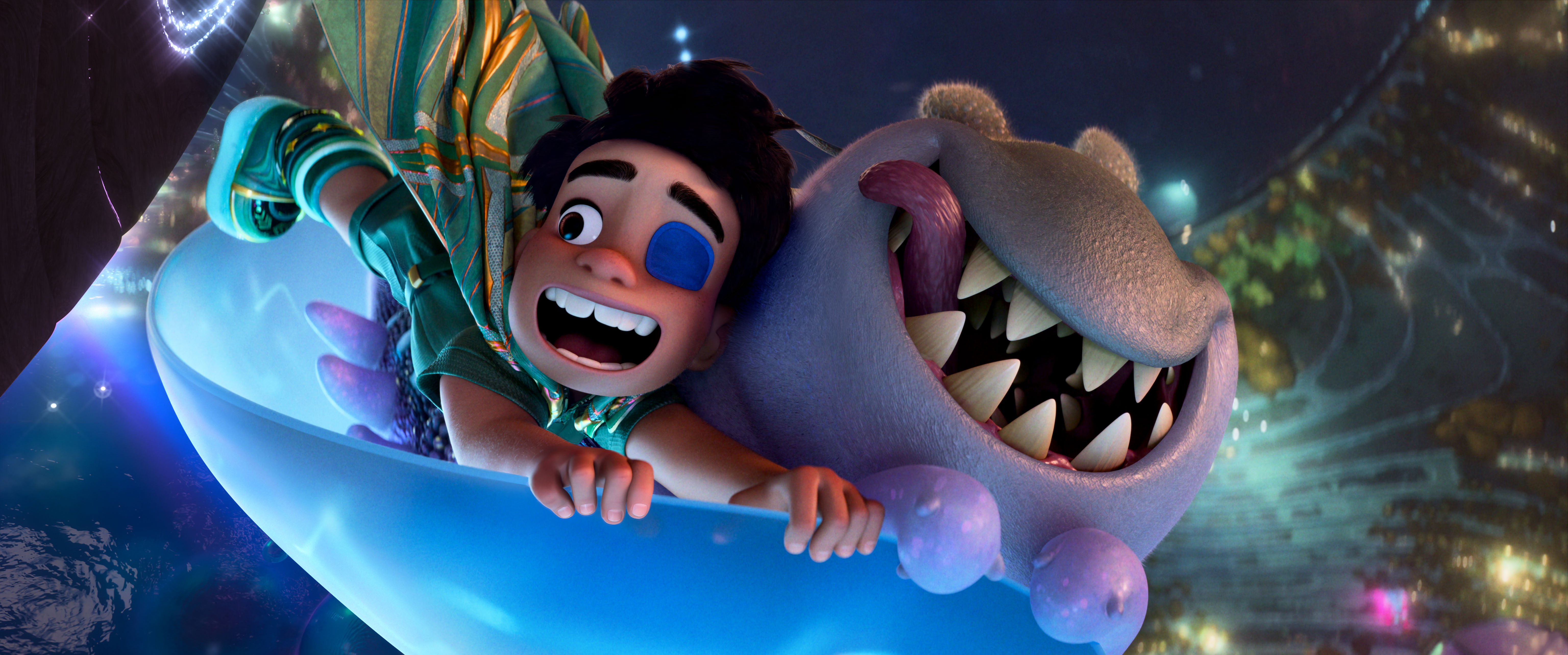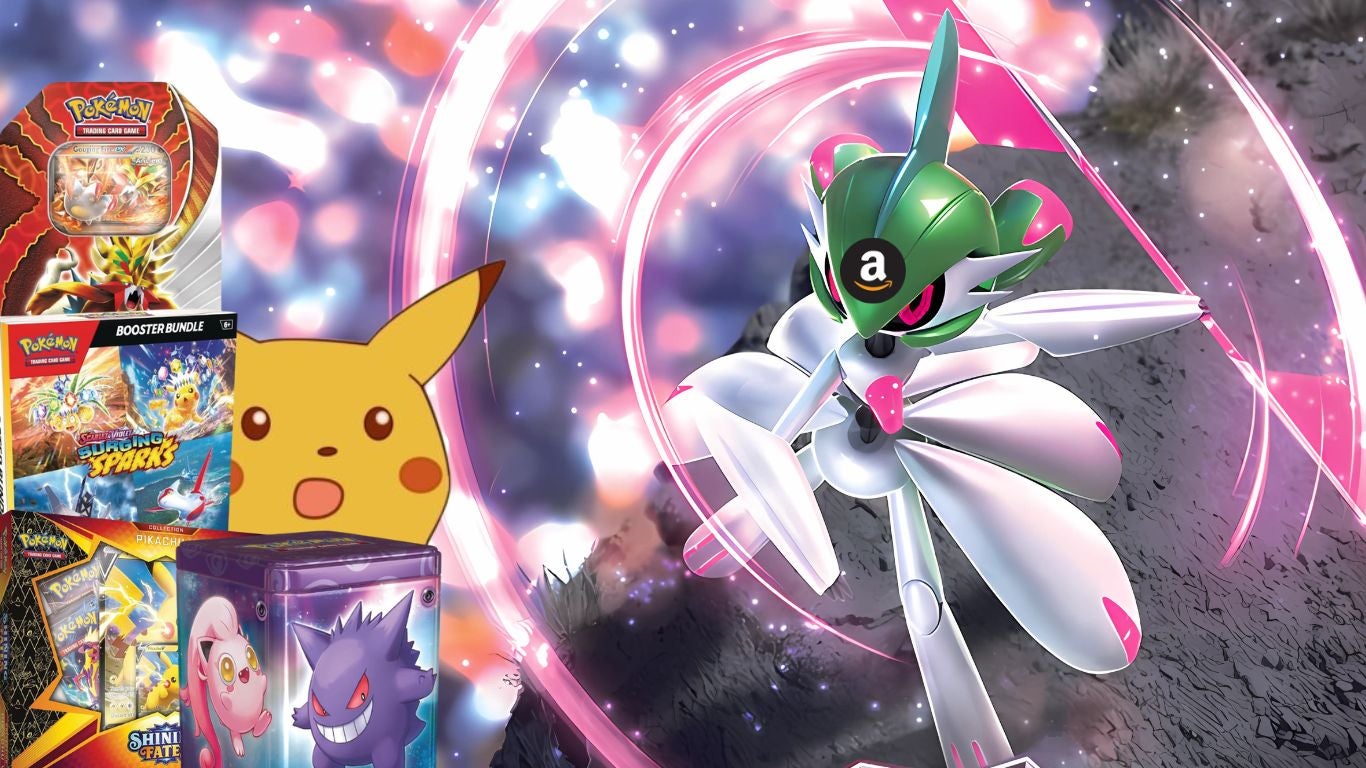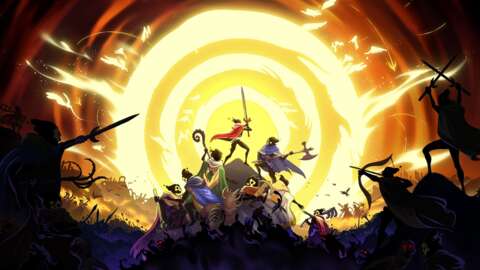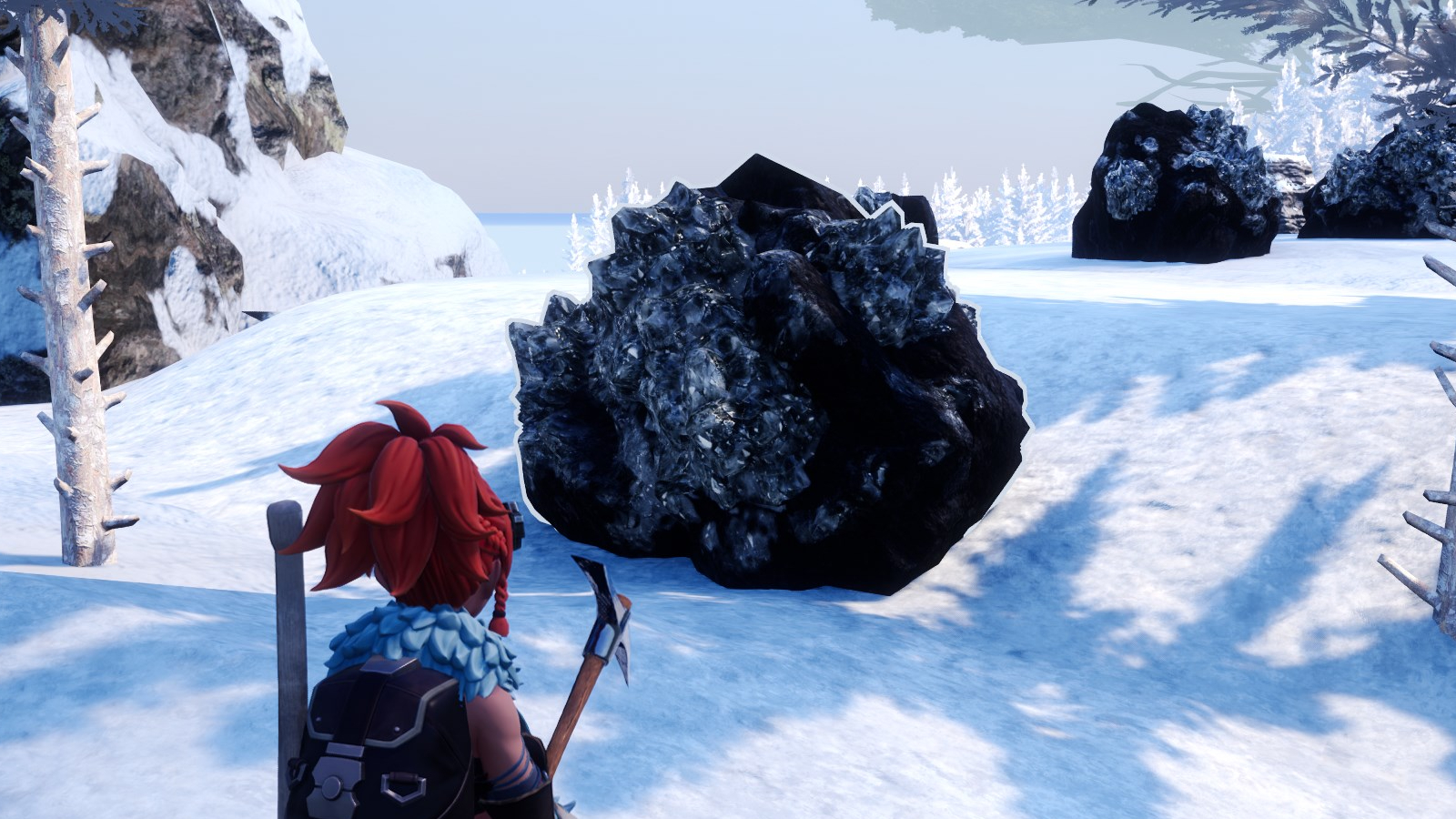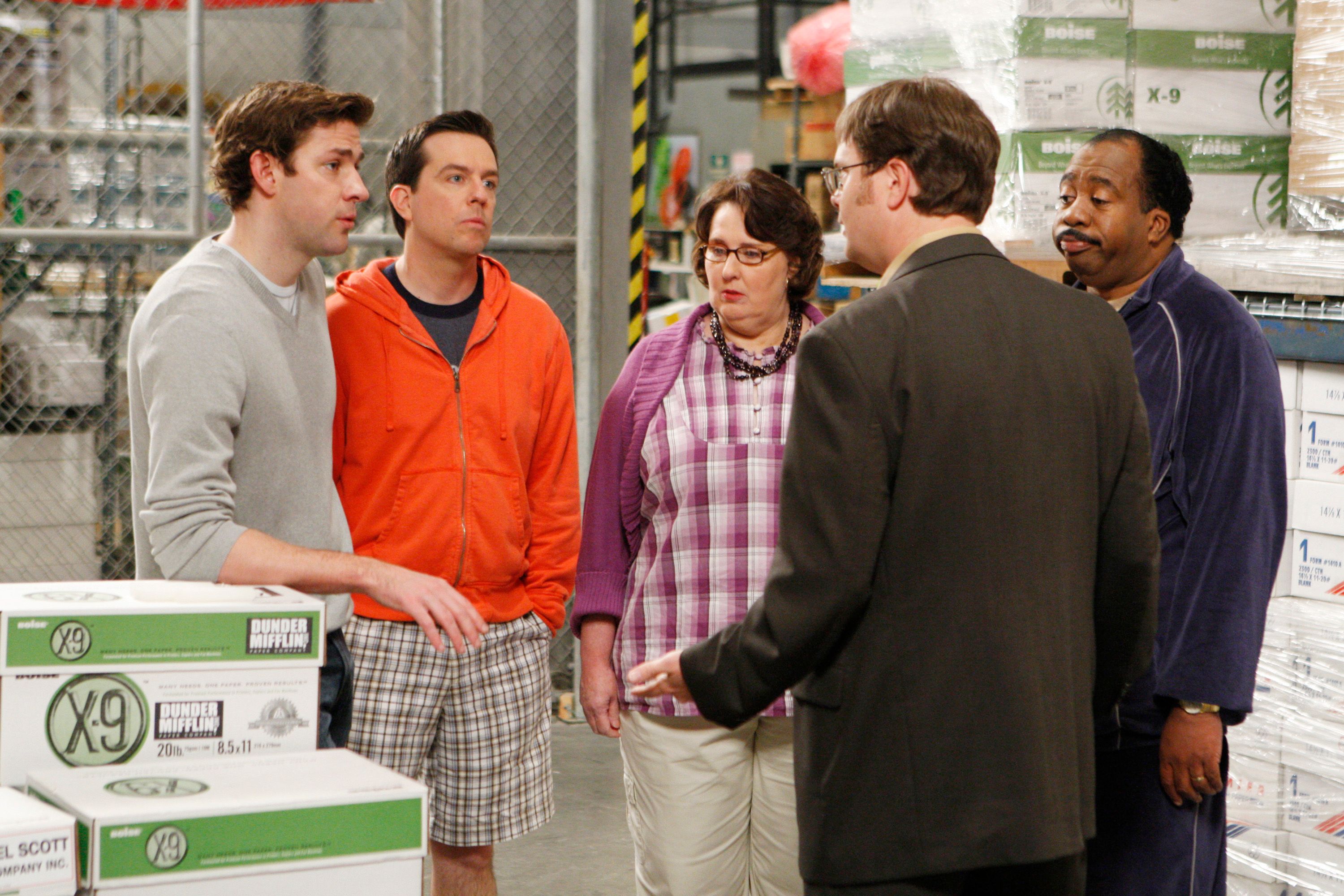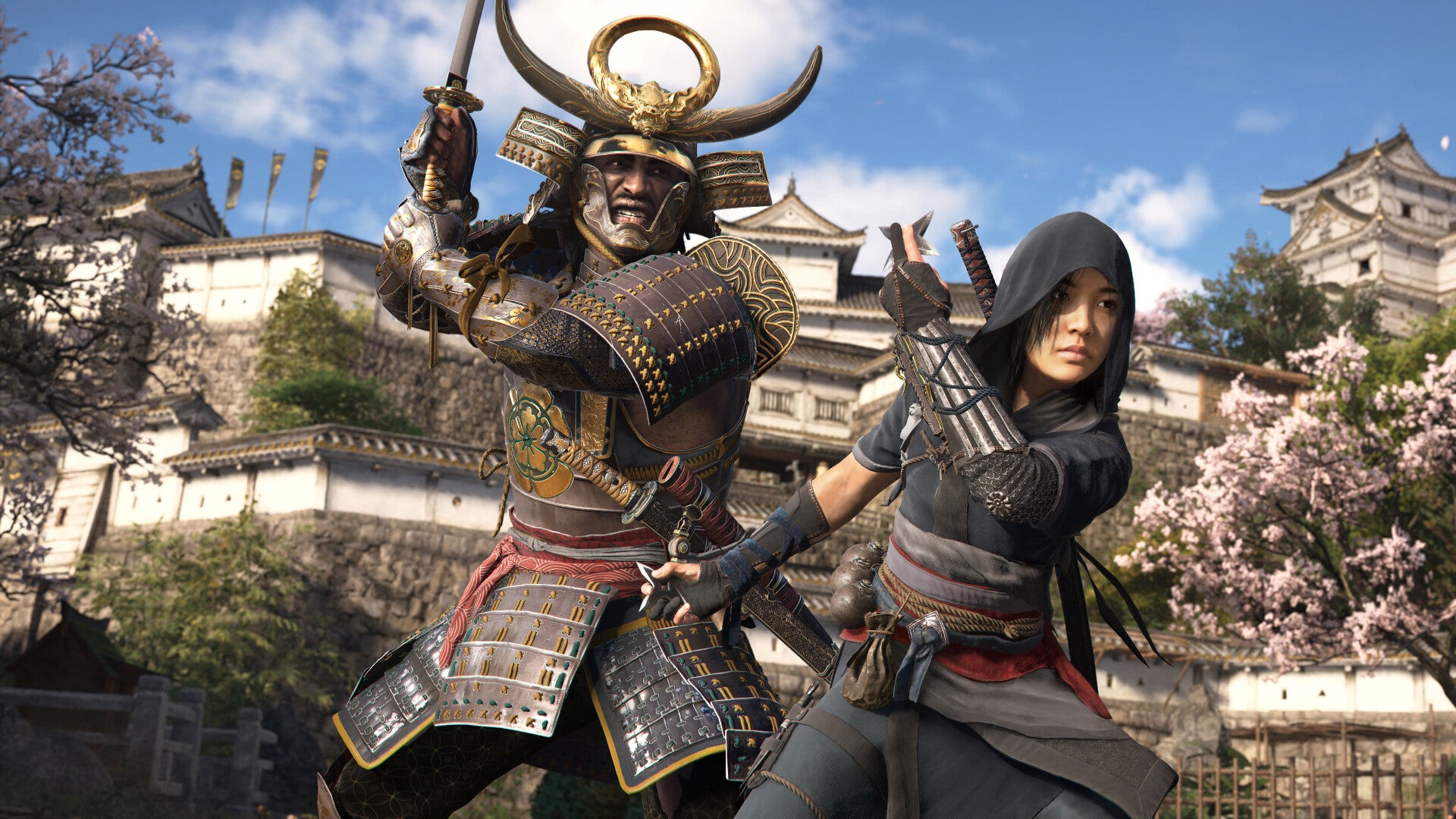
It’s hard to find a pat, elevator-pitch narrative in Tim Miller’s career. Is he best described as a visual effects guy who graduated to directing movies with Deadpool and Terminator: Dark Fate? Or an animator whose short projects got him into effects work on games? Or a studio founder who parlayed his video game experience into creating animated TV shows? All those narratives are true, but there’s no one linear story, because Miller hasn’t had any one career. He’s jumped from games to shorts to feature films to project management seemingly at will, following whatever excites him most.
In recent years, that’s included Love, Death & Robots, an adult-oriented animated anthology loosely centered on the three titular topics. There’s a clear line between that project and his latest anthology, Secret Level, an Amazon MGM Studios series that sets animated stories in the worlds of popular video games and franchises, including Warhammer 40,000, Mega Man, Dungeons & Dragons, Armored Core, and even Pac-Man.
Polygon sat down with Secret Level creator and executive producer Miller and supervising director and executive producer Dave Wilson (director of Bloodshot) to talk about how they set up the series, how they worked with game studios, and what Epic Games’ Tim Sweeney might or might not have written to teenage would-be game designer Wilson.
This interview has been edited for concision and clarity.

Polygon: Tim, I was at a SXSW panel years ago where you and co-producer David Fincher described the setup for Love, Death & Robots as a simple process, where you asked animators to pitch you grown-up stories that had to be told in animation, then gave them production resources and tried to stay out of their way. After three seasons of that show, what have you learned that you took into Secret Level, in terms of the best ways to work with writers and directors on an animated anthology?
Tim Miller: Well, we really did try and recreate that show as much as we possibly could. We used the same authors.
Dave Wilson: So, nothing. We learned nothing!
Miller: I learned that development sucks. It’s much better to go out and find great stories and then turn them into animation. So we tried to recreate that process as much as we could. We didn’t want the show to feel like it was Dave and I sitting in a room and coming up with all the ideas—
Wilson: Nobody wants that.
Miller: Nobody wants that! Not even Dave and I! So we wanted to broaden the point of view. We invited all those authors to pitch us stories. We gave them a lot of information about the games. We talked to the publishers, because first and foremost, it’s got to come from them: “These are the characters that are most interesting, or most popular,” or “These are the areas of the world that are ripe for exploration.”
And once we had those, and the dos and don’ts, we picked a bunch of authors that had an affinity for the material — often, they’d played the games. And then they would pitch us ideas, and we’d take the winning idea and turn it into prose, much like the short stories we started with on Love, Death & Robots.
And then it went into script format from there. So I tried to recreate it with the carefree attitude of strolling down the beach and picking up any shiny object that I come across. Though we had to throw the shiny objects out there on the beach first, and then go pick ’em up.

Some of these games have a lot of lore to contend with. How much input did the game studios want in terms of where you might carve out new spaces for stories?
Miller: Merciless taskmasters! [laughs]
Wilson: A lot of freedom, actually. The Pac-Man episode was one mission statement — “We would like audiences to wonder, What the fuck did they do to Pac-Man?” And then in Warhammer, there’s a big, wide universe. We knew they wanted to work with the Ultramarines. But it really, really was collaborative. Like Tim says, the creative guys set the guardrails on the episodes. Within there, we got a lot of freedom, both from Amazon and from the IP holders. Definitely no one understands their games better than they do, so they would tell us when we were misstepping on something.
But our challenge was always not just to make it appeal to a general audience and sideline the fans who’ve dedicated years of their lives to [these games], but to make it accessible to everyone, through some emotional tenet we can all respond to, something primal and human underneath all that game lore.
Because at the end of the day, people don’t remember what they saw, but they will remember how you made them feel. And so at the end of the day, we’re always pushing that. And if we feel the lore is getting in the way of some really great human emotion, we’d come together to figure out a way with the IP holders to get both of those things satisfied.

Miller: What was great was, nobody was saying, “Tell people how to play the game,” or “Show people what the gameplay is like, or what weapons they’re going to use,” or anything like that. It was always very story-focused, which really opens the tent to everybody who doesn’t play the games. When you have 15 [games to cover in one season of the show], maybe somebody will have played three or four of ’em, if they’re a hardcore gamer. But we had to make sure everybody could understand [all these shorts] as much as possible.
The anomaly here is the Concord episode, given the disastrous launch and shutdown of that game. What was the timeline like between the game and this episode?
Miller: We were finished with the episode by the time all that stuff went down. So our initial take on it was feeling badly for the developers. By that time, we knew them, and had worked with them quite well. And they were really nice people who were sci-fi nerds, and very invested in the process. So we felt bad, like you would for any fellow creative who put a lot of work into something that didn’t ultimately succeed for them.
There was no way that we were going to add insult to injury and not show the episode, and waste all the hard work that all the animators and artists put into the episode, because it’s really a beautiful episode. It’s funny, and it’s super cool, and I’m proud of it.
And we have other games in there that don’t exist — like, Unreal Tournament is not a game anymore, but we did an episode. And Exodus hasn’t come out yet, so nobody’s played that. So theoretically, Concord isn’t incredibly different, other than we already know the game’s future. Or do we? Who knows, our episode could reignite passions for it.
Wilson: Yes. There would be no reason to leave it on the cutting-room floor. Too many people worked too hard, not just on the game, but on that episode, to leave it behind. I love it. I think it’s great. I’m glad people are going to get to see it.

Are either of you gamers? Do you have any emotional connection to any of these games in particular?
Wilson: Oh yeah, very much so, yes. What I wanted to do when I was a kid was get into video games. I remember going to my guidance counselor in college. I was maybe 17 years old. And I remember saying, “I want to make video games, and movies, and interactive entertainment, and animation.” And the guy was like, “Son, that sounds like an irresponsible career choice.” So this is the love child of all my vices. I remember D&D in particular, growing up as a kid, and Warhammer — it was very hard to get hold of those little plastic gray guys in South Africa back in the day. So a lot of the episodes in the series have a fond place in my heart.
Miller: And I hired Dave when I found him after he was broken by his inability to get into the game industry.
Wilson: He’s joking. Well, half. Because I have a letter on my wall from Tim Sweeney, who runs Epic Games. When I was 15 years old, I sent them a demo of what I was making. They were a shareware company at the time.
Miller: He said “Just one word: ‘Shit.’ Don’t write again.”
Wilson: [laughs] But I still have that letter—
Miller: It was a very kind letter.
Wilson: No, it was like a form thing!
Miller: The fact that he wrote you is amazing!
Wilson: But I’d never met him until this series. And I chatted with Tim Sweeney when we were pitching them on doing an Unreal Tournament episode, and I got to apologize for my demo. That’s 30 years late.
Miller: Wouldn’t it be awesome if he remembered you? Oh yeah. You’re that South African kid! That’d be great.
Quick finale — what’s the number one game you didn’t get to in this round that you want to get in the next round?
Wilson: There’s too many — Pong!
Miller: Space Invaders!
It’s going to be a weird second season, you guys.
Wilson: Just think about it. What could Pong be? [whispers to the camera] Anything.
—
All 15 Secret Level episodes are now streaming on Amazon Video.
Source:https://www.polygon.com/q-and-a/496734/tim-miller-deadpool-director-interview-secret-level-love-death-robots